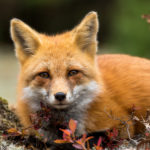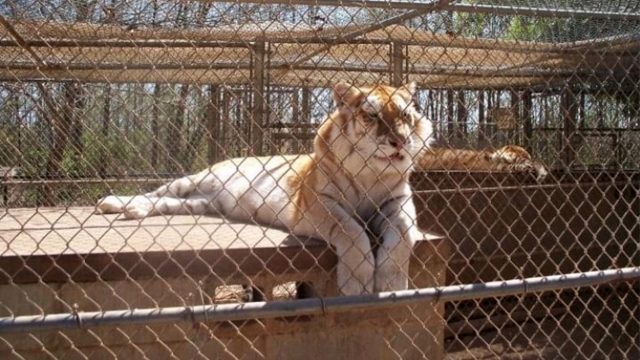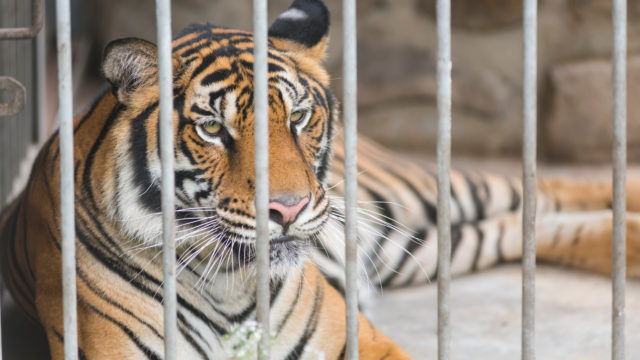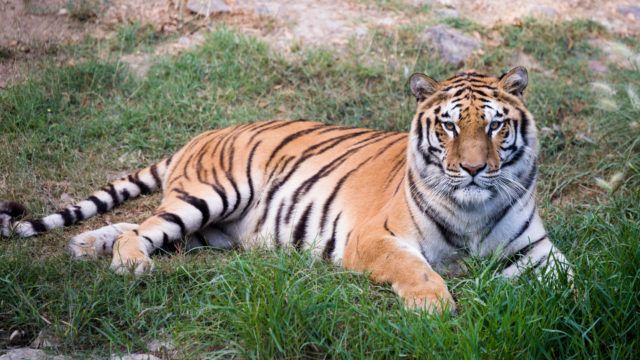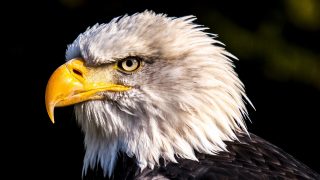
Massachusetts: Ask Your State Legislators to Help Protect Animals from Rat Poisons
This action is for Massachusetts residents only.
Rat poisons — also called rodenticides — not only hurt individual animals, they’re also threatening the health of certain wildlife populations, including great horned owls and bobcats. Rat poisons enter the food chain through rats, who are consumed by other animals, resulting in secondary poisoning. Animals who eat these poisons typically suffer from uncontrolled bleeding and ultimately may die.
An Act Relative to Pesticides (S.487/H.825) would reduce the use of rat poisons in the state by requiring the increased use of “Integrated Pest Management” (IPM) plans for public institutions of higher education. This legislation would also modernize pesticide reporting through digitization of pesticide use forms.
Help prevent rat poisons from damaging the Commonwealth’s ecosystems and harming animals. Using the form below, please ask your state legislators to support S.487/H.825.
Sign Up!
Join the Animal Legal Defense Fund's email list to stay up to date on lawsuits, legislation, and regulations affecting animals.
Focus Area
How We Work
Related
-
Notice of Intent to Sue Sent to Tiger Creek for Violating Endangered Species Act
The Act has authority to protect federally endangered and threatened animals such as the tigers, lions, and ring-tailed lemurs enduring inadequate treatment at Tiger CreekJanuary 10, 2022 Press Release -
Bill Banning Private Possession of Big Cats Reintroduced in House of Representatives
Representatives Mike Quigley (D-IL) and Brian Fitzpatrick (R-PA) reintroduced the Big Cat Public Safety Act in the U.S. House of Representatives. The House of Representatives voted 272 to 114 to pass the same bill in December.January 11, 2021 Press Release -
House Votes to Ban Private Possession of Big Cats
Today the House of Representatives voted 272 to 114 to pass the Big Cat Public Safety Act. Endorsed by the Animal Legal Defense Fund, the bill prohibits the private ownership of big cats and makes it illegal for exhibitors to allow direct contact with cubs.December 3, 2020 Press Release

